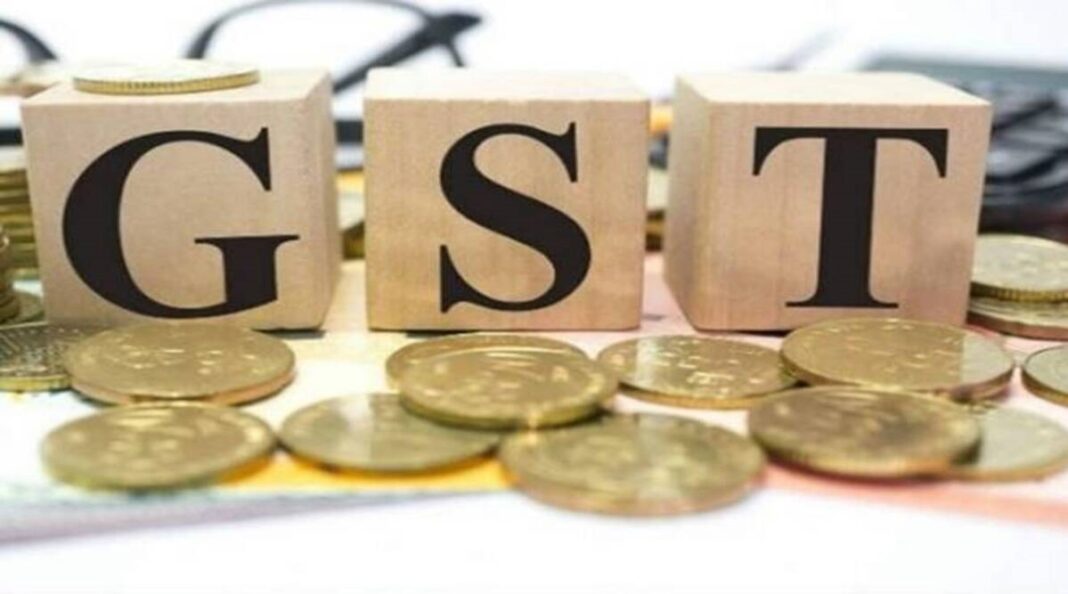A pizza sold and eaten within a restaurant attracts a 5% GST, the pizza base bought separately attracts 12%, while a pizza delivered at home attracts 18% GST. Even after five years, the GST construct remains riddled with anomalies. Nonetheless, in a vast majority of cases, India Inc is now enjoying the benefits of a single rate for a product which has made the supply chain more efficient and product pricing easier.
As Ajay Seth, CFO, Maruti Suzuki, points out, in the earlier VAT regime with its varying rates across states, pricing vehicles was a challenge, particularly in the NCR and similar territories like Chandigarh, Mohali and Panchkula. Seth believes the input credit mechanism under GST is more business-friendly than under the excise-VAT one because earlier the refunds of input credit for local purchases needed to be sought from the state government which meant funds were blocked during the intervening period. “GST has an excellent system of allowing adjustment of local taxes against inter-state taxes or the I-GST so funds are not blocked,” Seth pointed out.
B Thiagarajan, managing director, Blue Star, observed that the GST had certainly benefited both companies and dealers helping streamline the operations. “We are a marketing and distribution company with more than 30 warehouses and 5,000 dealers and distributors. In the older regime we would have struggled,” he told FE.
Also, as Jaimin Bhatt, group president & CFO, Kotak Mahindra Bank, points out, the GST structure is throwing up much more useful data than the earlier excise duty framework did. “As lenders, we find we are getting complete picture of what the borrower is doing and that is a big benefit,” Bhatt said. However, some of the rules are onerous.
For instance, to a large extent, companies need to ensure that vendors pay the GST, else they miss out on the input tax credit. “It can be troublesome when vendors don’t pay and we have written off amounts, in quite a few cases,” Thiagarajan said. He added Blue Star has modified its processes so that it doesn’t avail itself of input tax credit until the vendor has paid the GST.
Maruti’s Seth agrees this is a challenge for OEMs who are carrying the risk of non-compliance , if any, by suppliers. The e-way bills system has proved to be a hit. It’s not just the simplicity of the process but the fact that revenues cannot be fudged internally within a company because of the billing process.
Of course, companies never stop asking for more. Niranjan Gupta, CFO, Hero MotoCorp, believes the higher revenues have provided headroom for a rationalisation or a reduction of the tax rates. Gupta also wants processes to be simplified now that compliance has improved.
For the services sector, compliance is onerous. As KMB’s Bhatt observed, while a single rate for the country is extremely helpful, the complexity of maintaining state-wise records and registrations can be cumbersome. “It would help us enormously if the collections are pooled and then apportioned to the states,” Bhatt said, adding multiple registrations often led to unnecessary disagreements with the authorities.
Maruti’s Seth observed that filing multiple returns every month had added increased administrative work. “Another significant difficulty due to this is treating each office of same Company as distinct person for each state and making inter-office transactions taxable,” Seth explained. Observing that GST is the first truly digitised tax that introduced e-invoicing and auto-population of returns, the Hindustan Unilever management said this had simplified compliance and aided the shift to organised trade development.
“Businesses have been able to utilise credits across the value chain by subsuming various taxes and reducing interface with multiple authorities,” the management noted. The many anomalies in the foods space — different rates for branded and non-branded products — have caused some heartburn. Again, real estate developers complain the structure is complicated with different rates being levied at various stages of construction.
Moreover, tribunals to address litigation need to be put in place, say experts. There have also been some skirmishes with the authorities. In December 2019, the National Anti Profiteering Authority (NAA) imposed a `90-crore fine on Nestle for not passing on the benefit of rate reduction to consumers.
The profiteering watchdog noted that the methodology used to pass on the GST rate-cut benefit was ‘illogical, arbitrary, and illegal” and that it had resulted in unfairness and inequality. The benefit of rate reduction, the NAA held, needed to be passed on for each stock keeping unit (SKU) and not merely at the product level. .
From: financialexpress
URL: https://www.financialexpress.com/economy/gst-regime-simpler-needs-tweaks-india-inc/2574733/



